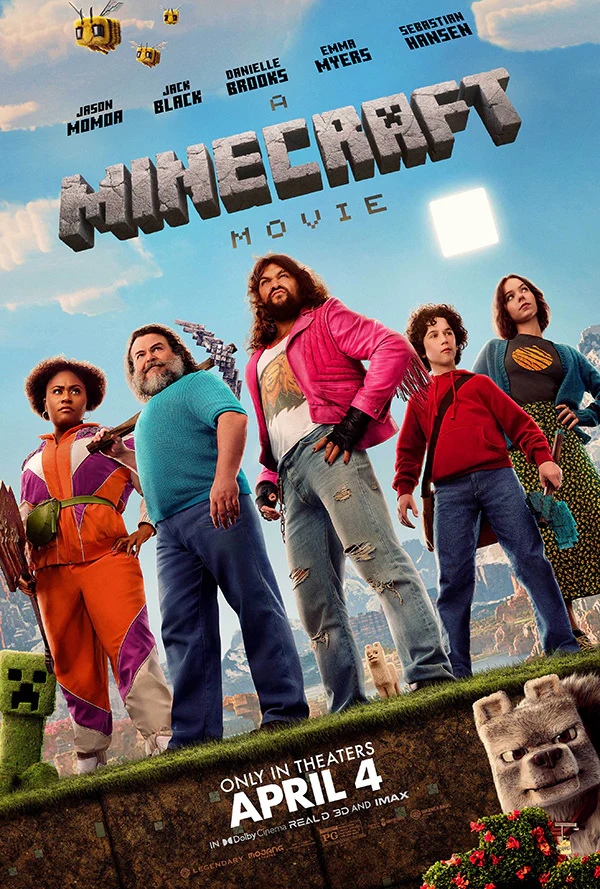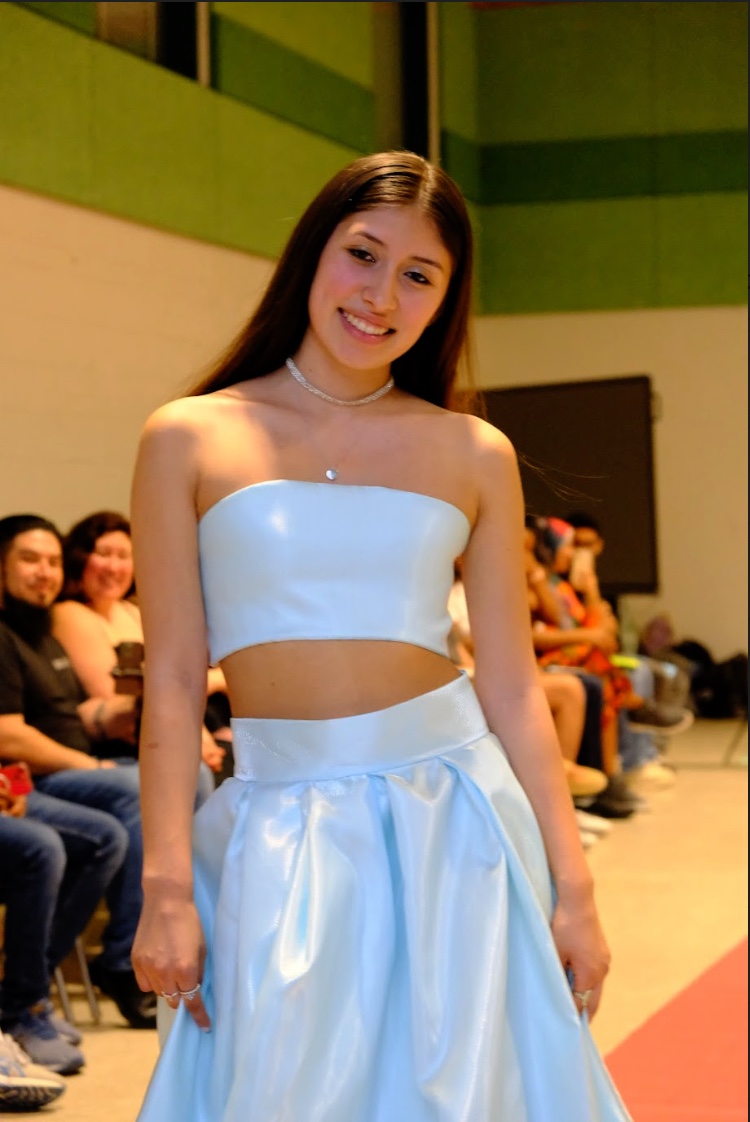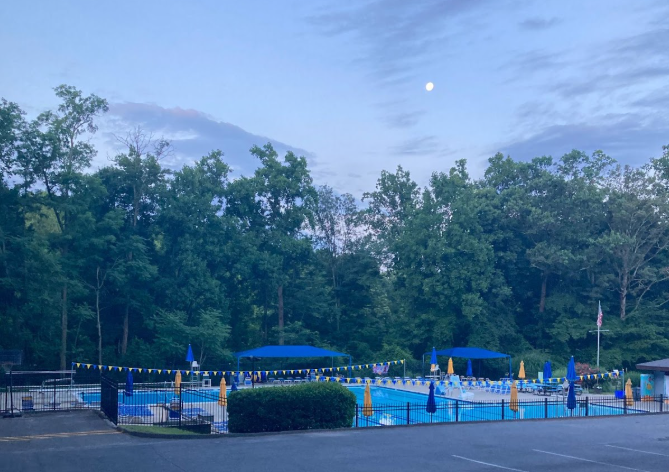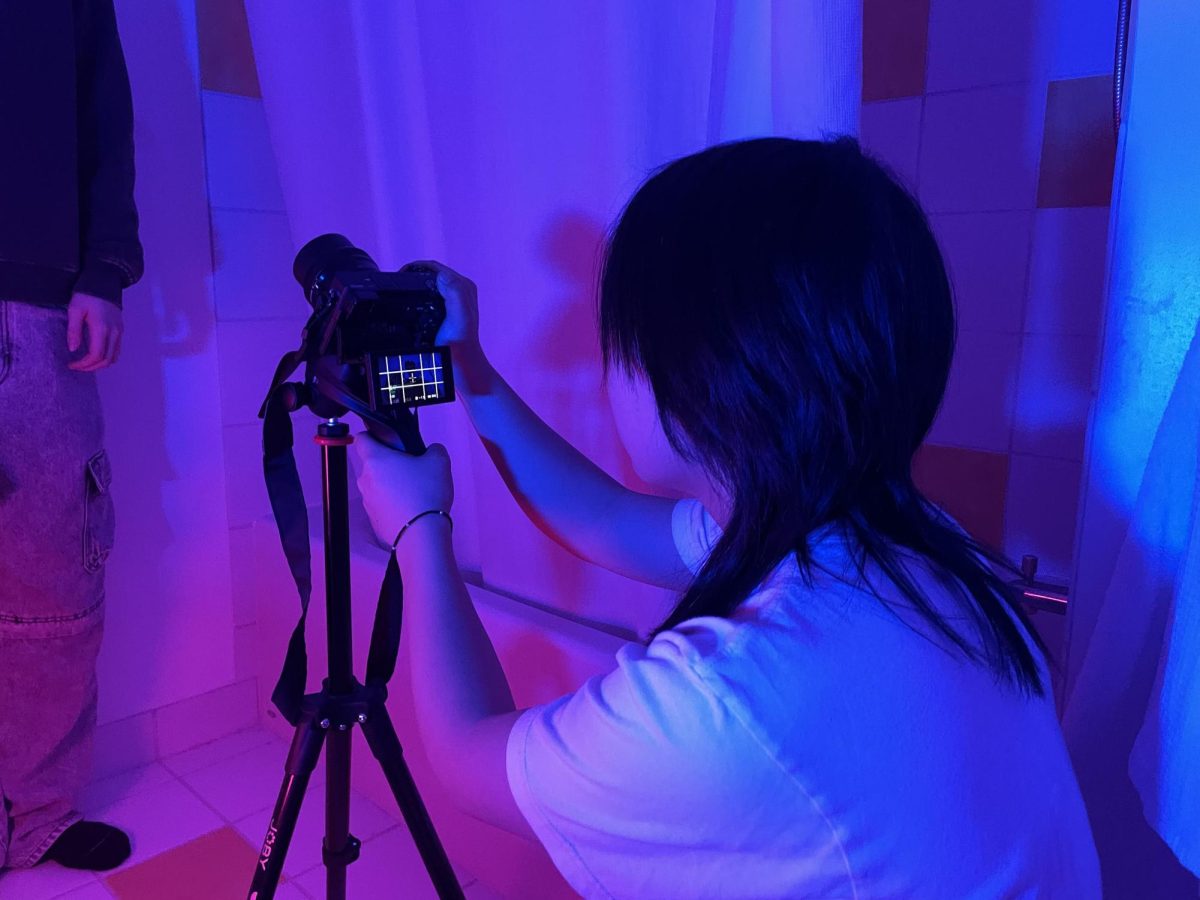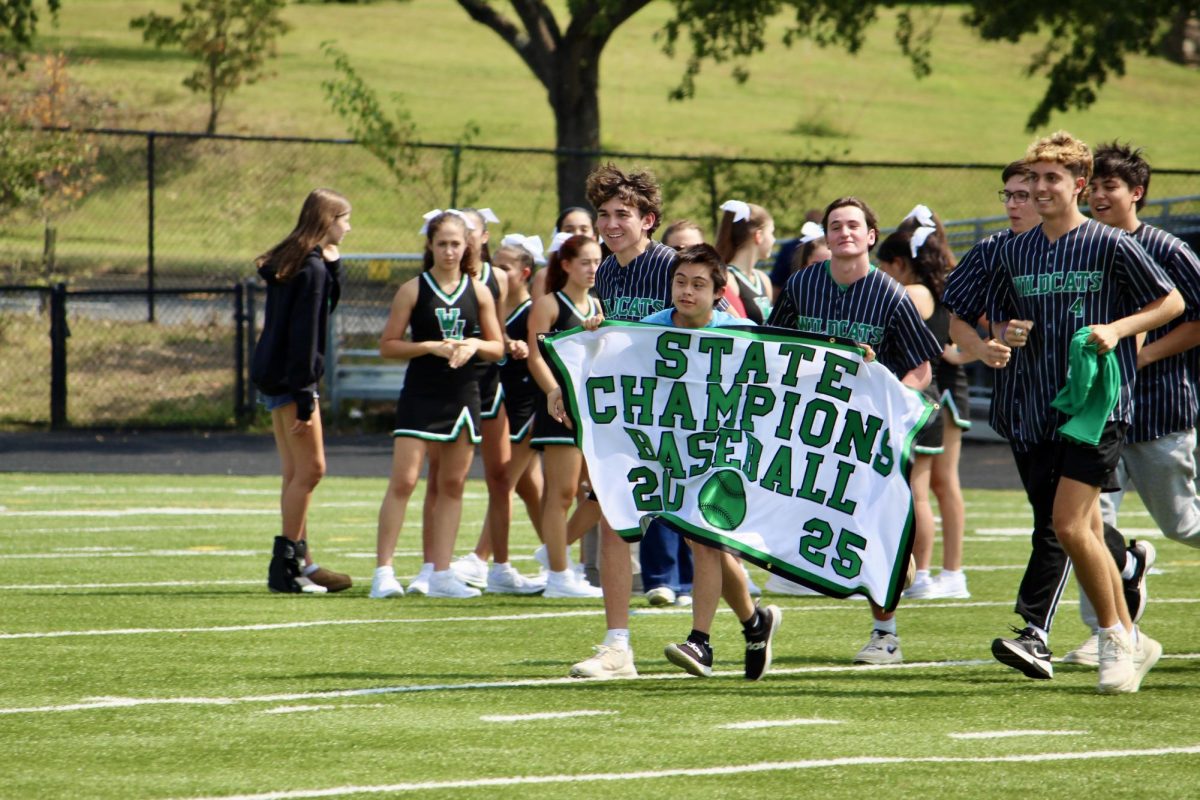“Velma” is not a good show. At this point, that statement has been well-documented, even receiving the third lowest rating of any show in IMDB history. In spite of this, I tried to keep an open mind going into it; maybe even recognize some part of Velma that was at least ok, or possibly even good. It’s also worth noting that the showrunners have only released the first six episodes of the first season. The remaining episodes of season one could absolutely blow the first half out of the water. However, I wouldn’t hold my breath.
The first area that “Velma” falters in is in its protagonist, Velma. Velma is voiced by the show’s director, Mindy Kaling, and many people have accused Velma of being Kaling’s “self-insert” character, which is not a criticism I would agree with. A self-insert character is a character who is meant to be a stand-in for a real person, acting in the same way said person would, while sharing significant traits with them. Though it’s easy to see why people might jump to this conclusion, seeing as Velma has been changed to be South Asian. However, with the way Velma is characterized, it’s pretty unlikely Mindy Kaling is trying to project herself onto the character. Velma is written as a smart, but socially-inept protagonist who is constantly making wise cracks at the expense of her family and peers. Over time, she learns to be less judgemental of the people around her while still maintaining some of her snarky humor. There are two major problems with the execution of her character.
The first issue is that Velma isn’t actually very smart, which makes her one supposedly redeeming quality fall flat on its face. Granted, the show tells you Velma is smart by making sure the supporting cast comments on it every episode. However, Velma rarely, if ever, actually does anything especially smart. The average person could reach most of the conclusions Velma does. The only way the show maintains the facade of Velma being smart is by making every other character extremely stupid by comparison, which gets old fast.
The second issue is that Velma’s quips are generally unfunny and often downright rude. The show has a habit of having Velma make a joke that may have had the potential to land, but putting it in a context that removes any humor from the original idea, thus rendering her a jerk. For example, in one joke Velma calls the school counselor “the lowest level of therapist.” Unfortunately, this crack is directed at her best friend, Norville (Shaggy), at the expense of his dad, who is said therapist.
The other big area “Velma” fails in is its writing. Many have criticized “Velma” for being “woke” and having a political agenda. Numerous publications have written scathing reviews claiming that the show has a liberal political agenda, citing the depiction of same-sex couples and how the show changed the races and ethnicities of some of the characters. The show even references color-blind casting, or the practice of casting actors without regards to race or ethnicity. It mentions this in the first episode to imply that its changes to the original Scooby-Doo cast are an example of color-blind casting, or that color-blind casting was used for the show’s voice actors. Many have cited this as well as the show’s frequent cracks at the expense of straight white men as evidence for the show’s agenda. While the show does like to throw around the occasional progressive comment, it doesn’t hesitate to employ dark humor. Neither of these work particularly well. Said “woke” moments are usually humorless monologues or jokes about rich people, white people, straight people, etc. There is nothing inherently wrong with this, but they are so sparsely and half-heartedly executed that they feel more like obligations, so when the show does joke at the expense of minorities and marginalized groups, they won’t be criticized because they joked about everyone.
As a general rule in comedy writing, every joke you write must be more funny than it is offensive. Most of the jokes in “Velma” don’t pass this criteria. One of the most egregious examples is a scene where Fred is appearing before the public before his murder trial. In order to appear innocent, Fred has been given a makeover to make him appear more childish and innocent. Unfortunately, it starts raining, ruining his hair and makeup in a way that makes him look like Hitler. Instead of playing up Freds misfortune or exploring the different comedic responses he might have, the scene just dwells on it for a little too long, leaving the punchline as “He looks like Hitler,” causing it to fall flat. This sort of shock value, middle school level humor is something that “Velma” consistently relies on.
The humor is made even worse by the fact that these lazily-written and borderline-offensive jokes are almost always made at the expense of the show’s “color-blind” cast. Many people in the “Velma is too woke” camp have criticized the show’s attempt at color-blind casting, citing some textualist interpretation of the original series for preserving the sacred qualities of Scooby-Doo. I actually think that true color blind casting may have actually been the right choice for “Velma.” The original Scooby-Doo was released in the 1960s, so the original cast being all white was more a product of its time than any narrative necessity. Since that race isn’t a significant aspect of any of the characters, a more diverse Scooby-Doo cast makes sense for future installments.
“Velma’s” color-blind casting would be noble if the show didn’t constantly make racist jokes about the newly diverse cast. The show relies on it so much that it almost seems like the changing of the cast’s race was done solely for the sake of making jokes at the expense of the characters’ races. The show tries to get away with it by making most of these jokes through Fred, who has remained white and has been made incredibly stupid and childish. It makes one wonder if Fred has been made this way in order to give the writers a vessel to make offensive jokes without consequence.
Comedy is subjective, and there may be people out there who find this show hilarious and can overlook all of the criticisms I’ve highlighted. However, “Velma’s” comedic writing usually falls flat due to a consistent ignorance of the basic principles of comedy writing. If you don’t want this show to get a second season, then “Velma” the ignorance it’s Scooby due.




